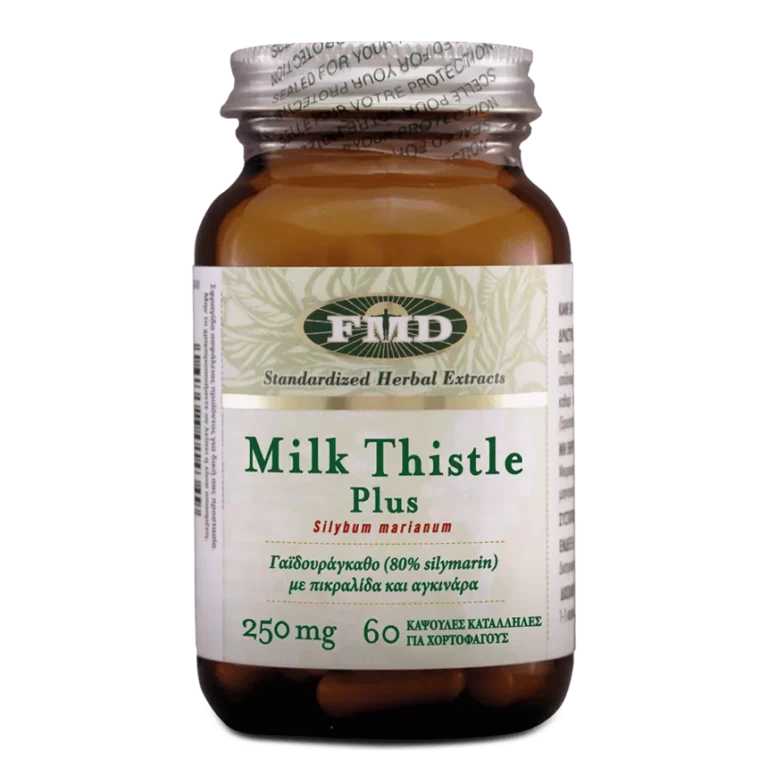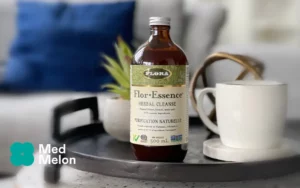Scientific Names of Artichoke:
Cynara scolymus L. [Fam. Asteraceae]
Forms:
Artichoke leaf and flower extracts; artichoke leaf juice
Traditional Usage:
– Abdominal Discomfort
– Anti-inflammatory
– Antioxidant
– Appetite Stimulant
– Bile Stimulant
– Biliary Deficiency
– Bitter Tonic Herb
– Bloating
– Cellular Regeneration
– Cleansing
– Detoxifying
– Digestive Disorders
– Diuretic
– Dyspepsia
– Flatulence
– Gastrointestinal Disorders
– High Cholesterol
– Lowering LDL Cholesterol
– Nausea
– Vascular Disorders
Overview:
Artichoke, Cynara scolymus L. [Fam. Asteraceae], has been used traditionally as a food and medicine since early Greco-Roman times. In ancient Rome, artich. leaf was employed as a diuretic and digestive herb. The German Pharmacopoeia lists artichoke leaf for treating gastrointestinal complaints stemming from bile deficiency, as well as to stimulate appetite and diuresis. German authorities recognize that ‘bitters’ stimulate bile flow, increase bile solubility and cleanse the liver of fatty deposits. The results of several clinical investigations also showed the efficacy and safety of artichoke extracts in the treatment of hepato-biliary dysfunction and digestive complaints, such as sensation of fullness, loss of appetite, nausea and abdominal pain. A recent double blind, randomized, placebo controlled, multi-center clinical trial demonstrated the efficacy of artichoke dry extract for treating hyper-lipoproteinemia in patients with high cholesterol. Patients received 1,800 mg artichoke dry extract per day or placebo over 6 weeks; the drug tested was an aqueous extract (25-35:1) taken as coated tablets containing 450 mg extract and compared with placebo. The trial involved 143 adult patients with initial total cholesterol of > 7.3 mmol/l (> 280 mg/dl). Changes of total cholesterol and LDL-cholesterol from baseline to the end of treatment showed a statistically significant superiority (p = 0.0001) of artichoke dry extract over placebo. The decrease of total cholesterol in the artichoke extract group was 18.5% compared to 8.6% in the placebo group. LDL-cholesterol decreased 22.9% with artichoke extract compared to only 6.3% with placebo. The LDL/HDL ratio decreased 20.2% with artich. extract and only 7.2% with placebo. There were no drug related adverse events during the study indicating an excellent tolerability of artichoke dry extract. Researchers concluded that artichoke dry extract could be safely recommended to patients for treating hyperlipoproteinemia and, thus, prevention of vascular disease. It also has powerful antioxidant activity.
Active Ingredients:
Artichoke leaf contains: 0-4% bitter compounds of the sesquiterpene lactone type including cynaropicrin; up to 2% phenolic acids, mainly 3-caffeoylquinic acid (chlorogenic acid) and 1,5-di-O-caffeoylquinic acid (cynarin); caffeic acid; 0.1-1.0% flavonoids including scolymoside and luteolin glucosides; phytosterols including taraxasterol; sugars; inulin; enzymes; and a volatile oil consisting mainly of the sesquiterpenes beta-selinene and caryophyllene.
Suggested Amount:
Artichoke leaf is generally taken as an extract or tincture or as cut and powdered leaf taken three times per day. The recommended dosage is 2g of finely chopped or coarsely powdered artic. leaf taken three times per day for a daily dosage of 6 grams. Other preparations are taken correspondingly, such as fluidextract, dry extract, fresh pressed juice and tincture. The dry extract 12:1 (w/w) is taken in one single dosage of 0.5g. The fluidextract 1:1 (g/ml) is taken at the dosage of 2ml three times daily and the tincture 1:5 (g/ml) is taken at the dosage of 6ml, three times daily. Other brand name extracts may indicate dosages based on known levels of active ingredients based on successful clinical trials with humans.
Drug Interactions:
None known
Contraindications:
Artichoke leaf is contraindicated in cases of bile duct blockage, gall bladder empyrema, ileus or bowel obstruction of any kind. In cases of gall stones, seek the advice of a qualified physician. Artich. leaf may cause contact dermatitis in susceptible persons.
Side Effects:
None known
References:
Blumenthal M, Goldberg A, Brinckmann J 2000. Herbal Medicine: Expanded Commission E Monographs. Copyright American Botanical Council. Publ. by Integrative Medicine Communications, 1029 Chestnut Street, Newton, MA 02464. Pp. 10-12.
Englisch W, Beckers C, Unkauf M, Ruepp M, Zinserling V. 2000. Efficacy of Artichoke dry extract in patients with hyperlipoproteinemia. Arzneimittelforschung. 2000 Mar; 50(3): 260-5.
Gebhardt R. 1998. Inhibition of cholesterol biosynthesis in primary cultured rat hepatocytes by artichoke (Cynara scolymus L.) extracts. J Pharmacol Exp Ther. 1998 Sep; 286(3): 1122-8.
Gebhardt R. 1997. Antioxidative and protective properties of extracts from leaves of the artichoke (Cynara scolymus L.) against hydroperoxide-induced oxidative stress in cultured rat hepatocytes. Toxicol Appl Pharmacol. 1997 Jun; 144(2): 279-86.
Wegener T, Fintelmann V. 1999. [Pharmacological properties and therapeutic profile of artichoke (Cynara scolymus L.)]. Wien Med Wochenschr. 1999; 149(8-10): 241-7. Review. German.





